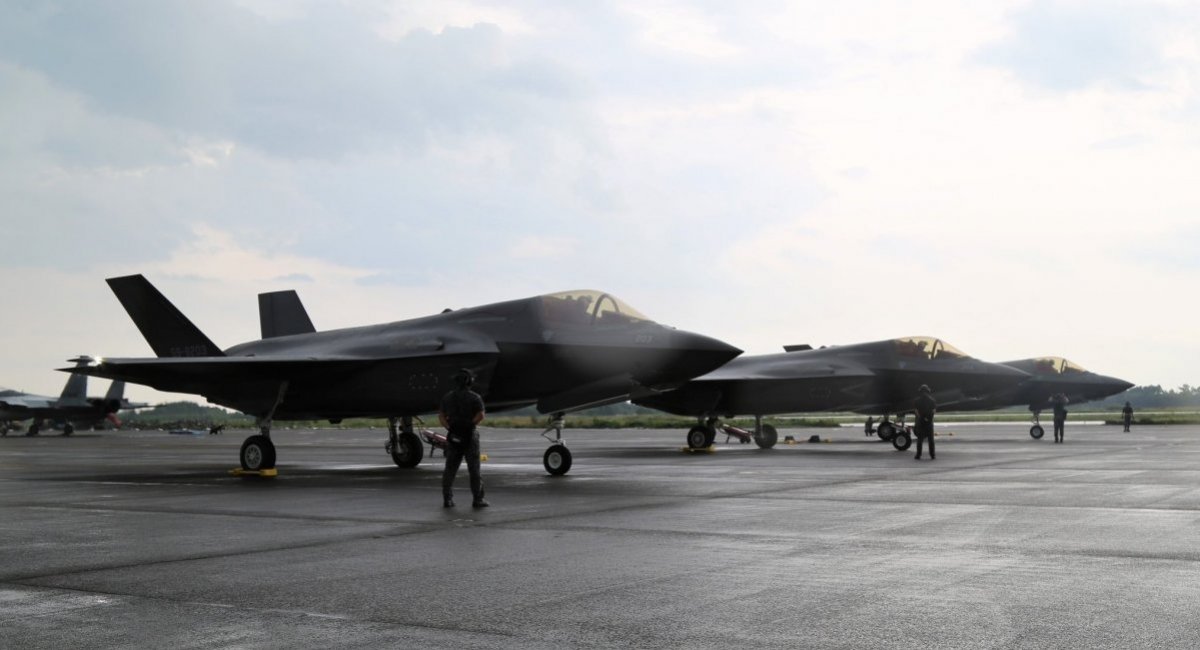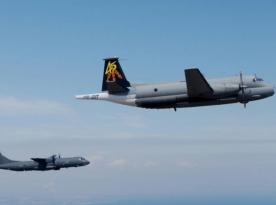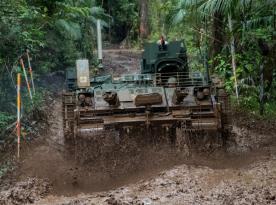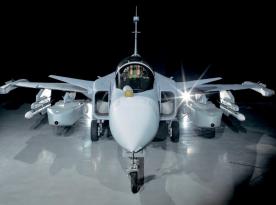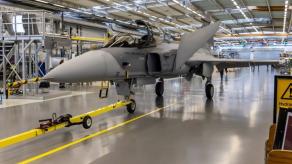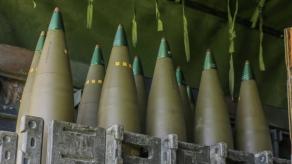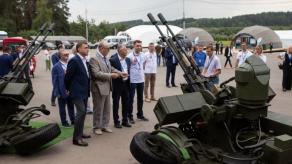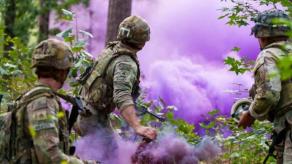For now, the jets will be stationed at Nyutabaru Air Base, but the long-term plan is to operate them from the Izumo-class helicopter carriers (which are being converted to light aircraft carriers) JS Izumo (DDH-183) and JS Kaga (DDH-184), which are undergoing modifications to accommodate the aircraft.
Notably, these ships have already hosted U.S. Marine Corps F-35Bs during joint operations. In fact, U.S. Marine pilots delivered the new fighters to Japan and will serve as instructors for Japanese personnel.
Read more: Japan to Sell 11 Stealth Frigates to Australia in Its Largest Arms Deal Since World War II
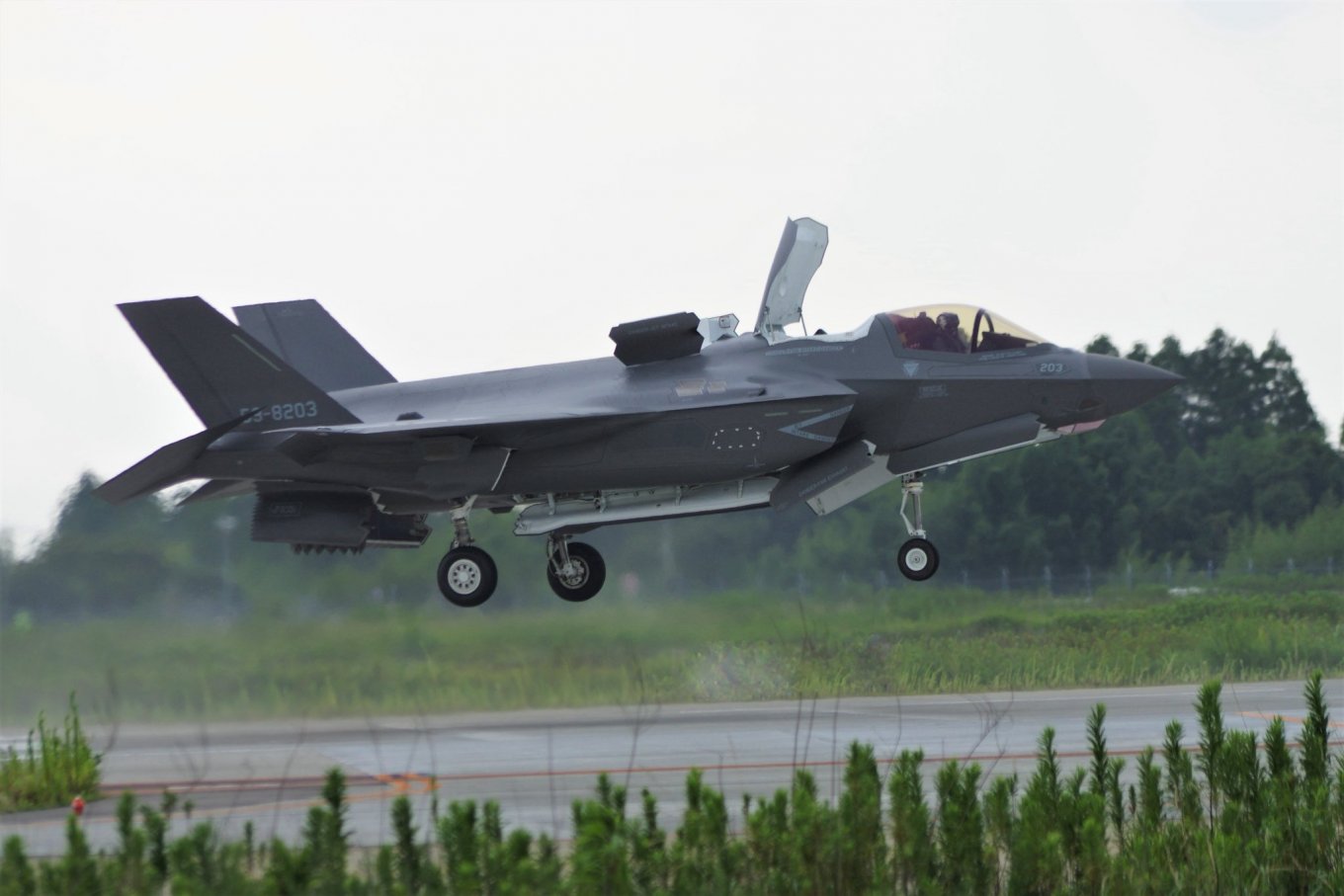
Training will take place at Nyutabaru Air Base despite local opposition over noise concerns. To address this, the government initially planned to use the uninhabited island of Mageshima for training, but delays in building the military facility there have pushed the project back until at least 2030.
Japan has ordered a total of 42 F-35Bs, which will effectively re-establish the country's naval fighter fleet for the first time in nearly 80 years. The country has also ordered 105 conventional takeoff and landing F-35As, 40 of which are already in service with the Japan Air Self-Defense Force.
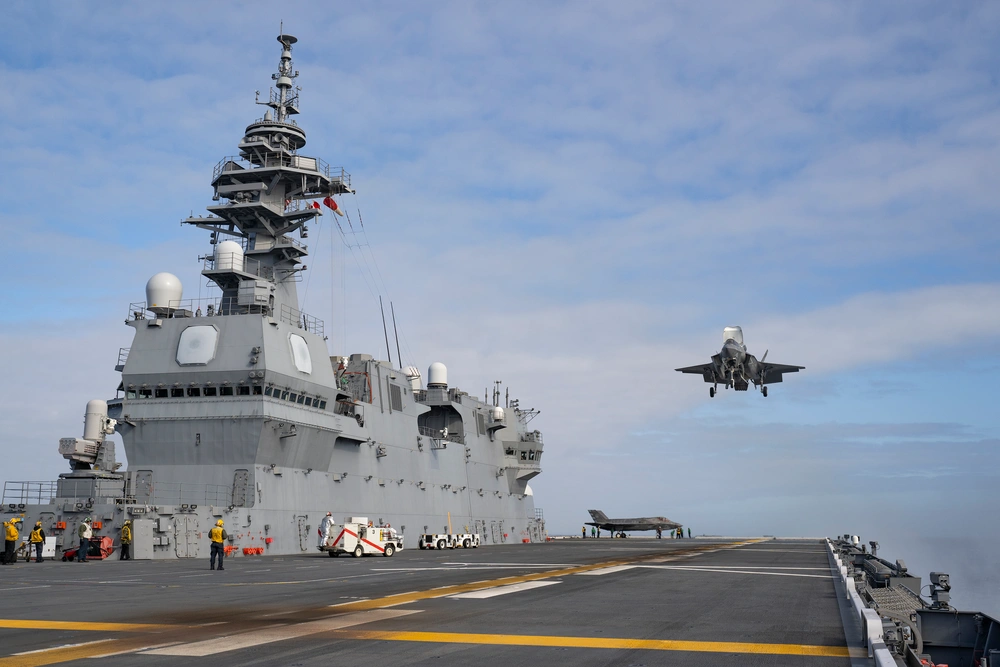
The F-35B currently remains the only fifth-generation STOVL (short take-off and vertical landing) fighter available on the market, which has also led the United Kingdom and Italy to adopt the type for their own carriers.
By contrast, Spain — which has chosen to move away from U.S.-made aircraft in favor of European models — will likely have to extend the service life of its aging Harrier II fleet and potentially revise its plans to transition from light carriers to full-sized aircraft carriers, resulting in higher costs and delays.
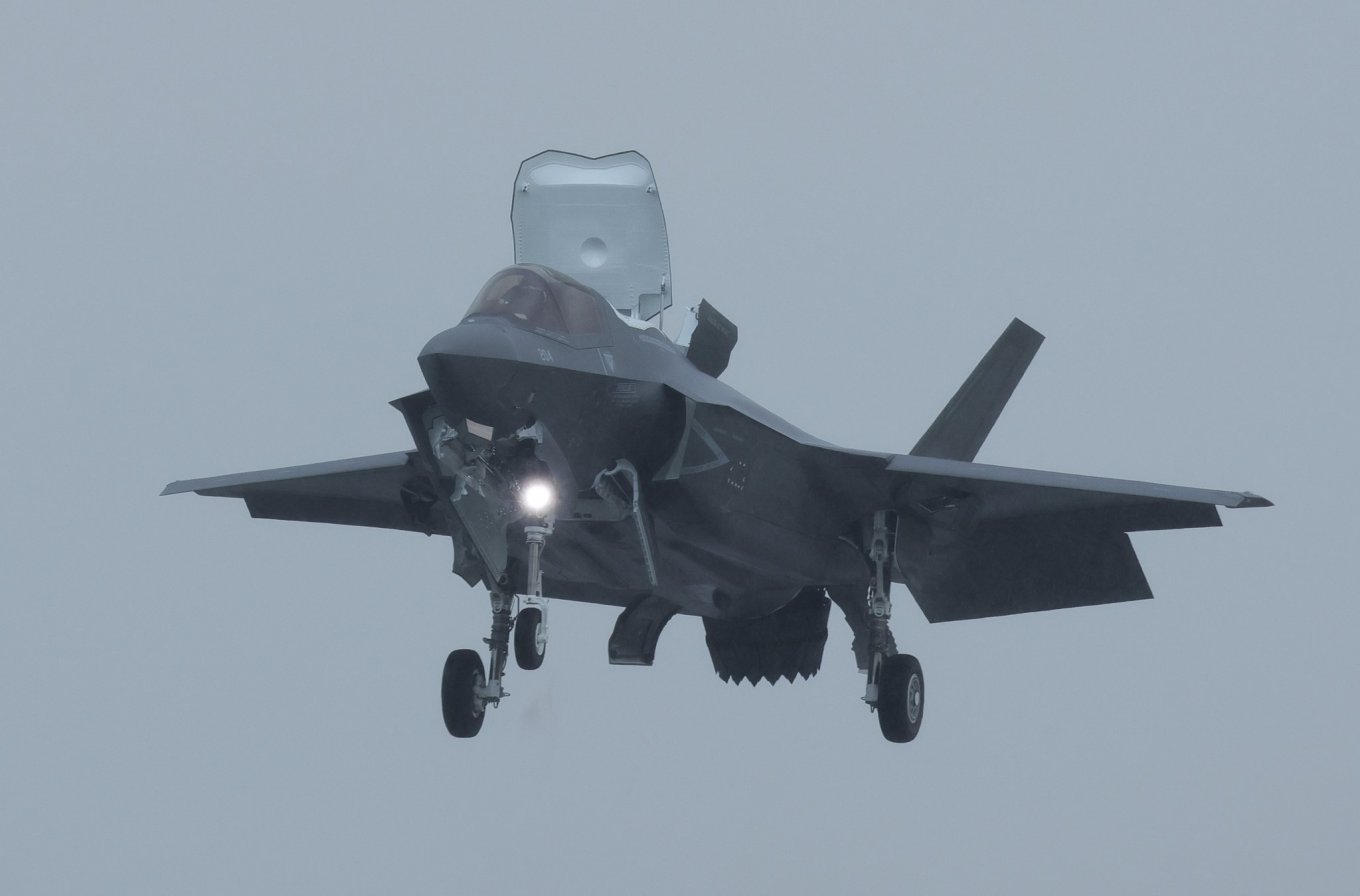
This milestone comes as Japan's shipbuilding industry celebrates its largest defense export contract since World War II — the sale of Mogami-class stealth frigates to Australia.
Read more: Switzerland Thinks of Cancelling Its F-35 Order Because of.. Coffee and Luxury Watches?



